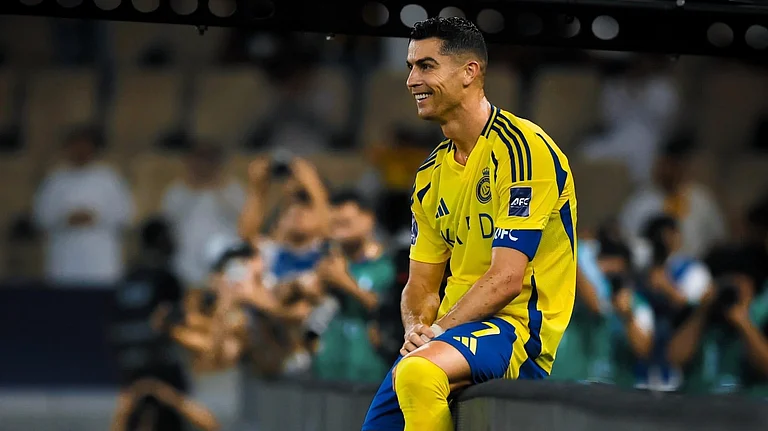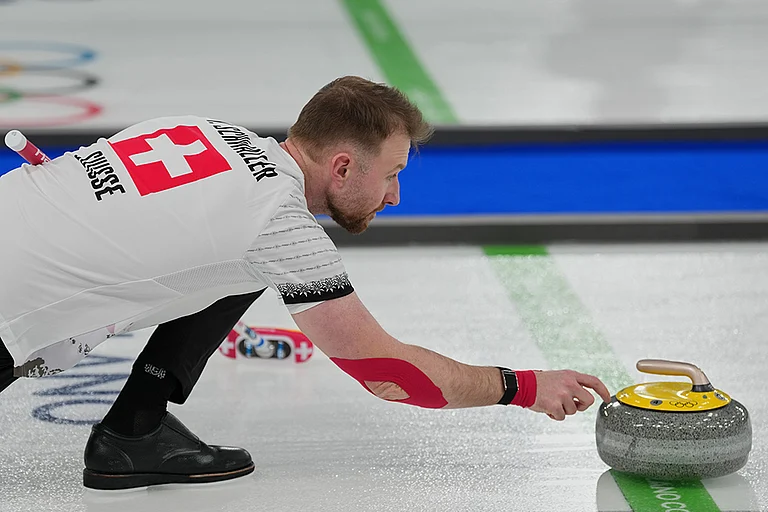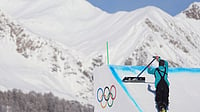Lithuanians return to the polls Sunday for the second round of the Baltic country's presidential election as incumbent President Gitanas Nauseda seeks to hold off Prime Minister Ingrida Šimonyte and secure another five-year term.
The 60-year-old Nauseda, a moderate conservative, has been a strong backer of Ukraine, a position shared across most of the political spectrum. The popular Nauseda has been in office since 2009 and during that time Lithuania has also given refuge to many who have fled an authoritarian crackdown in neighbouring Belarus and increased repression in Russia.
The president's main tasks in NATO-member Lithuania's political system are overseeing foreign and defence policy, along with acting as the supreme commander of the armed forces.
Given that Lithuania is strategically located on NATO's eastern flank, the presidency of a relatively small nation is given added importance as tensions rise between Russia and the West over the war in Ukraine.
The election comes as Russian gains in Ukraine are fuelling greater fears about Moscow's intentions, particularly in the strategically important Baltic region.
After regaining its independence in 1991 from the Soviet Union, which occupied the southernmost Baltic country for five decades, Lithuania joined the European Union and NATO in 2004.
Both candidates have been outspoken critics of Moscow and of Minsk, a Russia ally.
Nauseda who is favoured to win another five-year term, is a former banker who entered politics with his successful presidential run in 2019. He and Šimonyte won the first round but failed to muster the 50 per cent of the votes needed to win the presidency outright. Nauseda won the first round on May 12 with 44 per cent of the votes and Šimonyte nearly 20 per cent.
Both Nauseda and Šimonyte, who became prime minister in 2020, also ran against each other in a presidential runoff in 2019, when Nauseda won with 66 per cent of the votes.
Lithuania's Central Electoral Commission is expected to announce the outcome of the election on Monday. (AP)


























